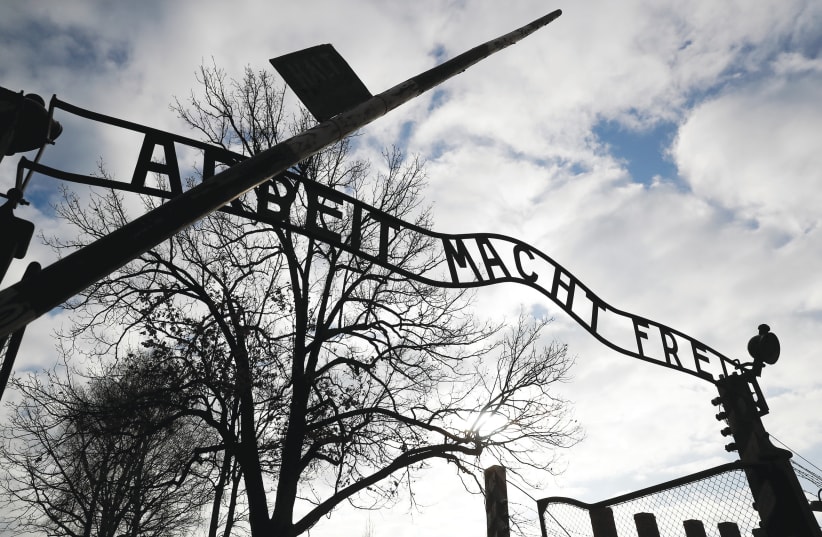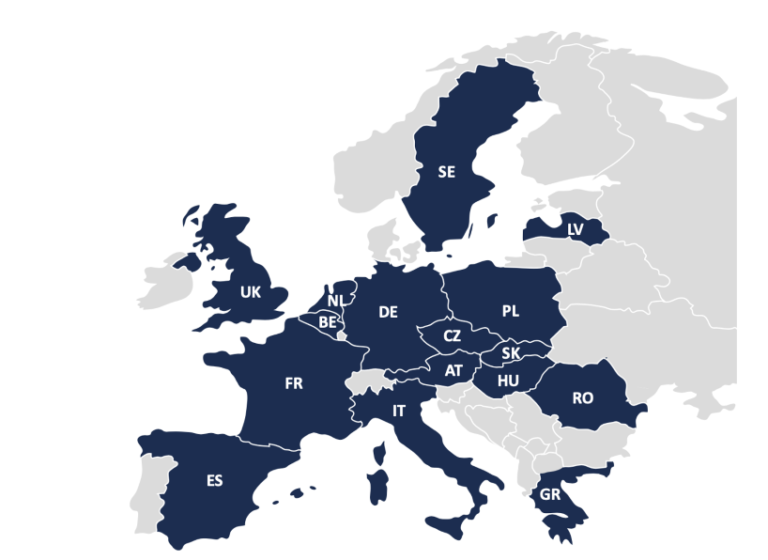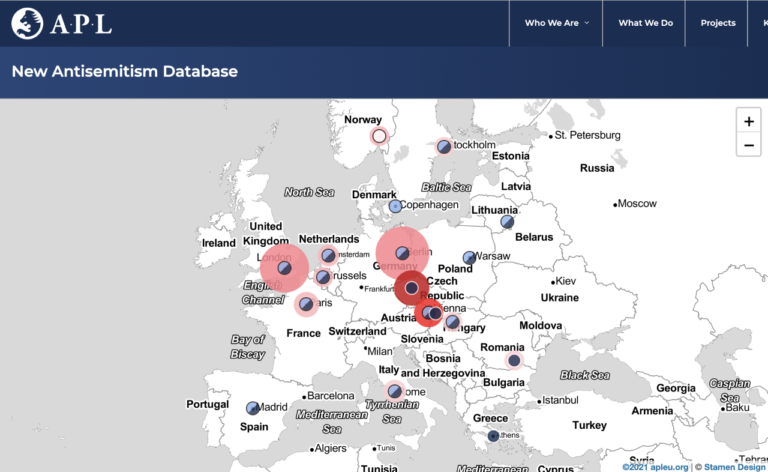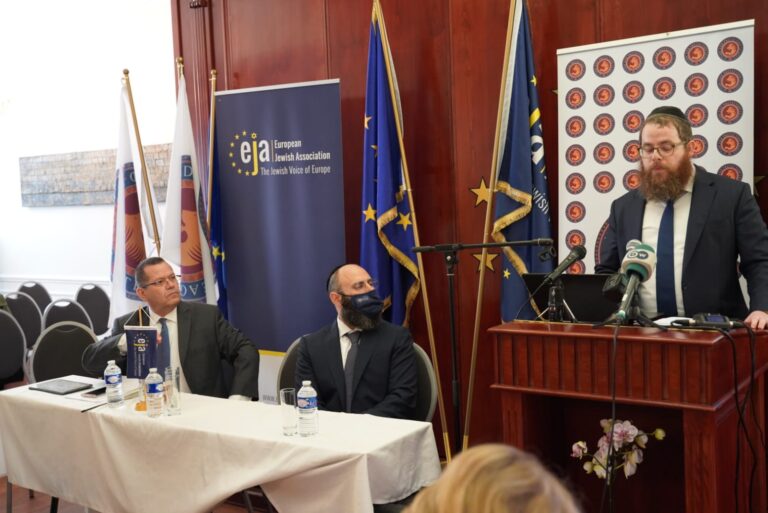The UK Education Secretary, Bridget Phillipson, has described the rising tide of antisemitism among schoolchildren as a „national emergency” and is calling for strengthened Holocaust education in all schools across England, reports The Jerusalem Post.
Speaking to The Times, Phillipson highlighted the dramatic surge in antisemitic incidents in educational institutions since Hamas’s October 7 attack on Israel. „We must confront an alarming truth – the lessons of history are being forgotten by a growing number of our young people,” she said. „These lessons are needed now more than ever. The horrific surge in antisemitism among schoolchildren since October 7 is not merely concerning – it is a national emergency.”
To combat this rise in hate, Phillipson has pledged to ensure every child in England is taught about the Holocaust, antisemitism, and the fragility of democracy in the face of unchecked hatred. „That is why every child in every school across England will learn about the Holocaust, about antisemitism, and about how easily democracy can fracture when hatred goes unchallenged,” she affirmed.
Figures from the Community Security Trust (CST) support the urgency of the Secretary’s remarks. In 2024, 260 antisemitic incidents were reported in schools, marking the second-highest figure on record. The CST noted 272 incidents across schools and universities in the past year, five times higher than the average of preceding years. In contrast, 2022 recorded only 94 school-related incidents.
The Holocaust remains the only historical event that is a compulsory topic within the English national curriculum, introduced formally in 1991. It must be taught at Key Stage 3, generally covering pupils aged 11 to 14. While the curriculum stipulates coverage in History lessons, Holocaust education often also appears in Religious Studies and PSHE.
However, academies, representing roughly 80% of state-funded secondary schools in England, are not legally required to follow the national curriculum. Independent schools are similarly exempt, though many do voluntarily follow its structure. This patchwork of standards has led to gaps in Holocaust education, particularly beyond England, as there is no statutory requirement in Wales, Scotland, or Northern Ireland.
Although History is only compulsory up to age 14, several GCSE and A-Level specifications continue to offer Holocaust-related topics. A bill currently before the House of Lords would require all schools, including academies, to follow the national curriculum.
The urgency for strengthened education is echoed by recent survey findings. Research published by the Conference on Jewish Material Claims against Germany showed that one-third of UK adults aged 18 to 29 could not name a single Nazi concentration or death camp. Yad Vashem chairman Dani Dayan described the findings as troubling: „The bleak picture emerging from this survey is of a growing gap of knowledge of the Holocaust, which is particularly concerning in countries where Nazi atrocities took place.”
Phillipson’s comments coincide with the 80th anniversary of VE Day, serving as a stark reminder of the lessons that must not be forgotten. As antisemitism continues to rise across society, the Education Secretary’s message is clear: robust, universal Holocaust education is essential to safeguarding the values of tolerance, democracy, and historical truth.
Photo Credit: KACPER PEMPEL/REUTERS








